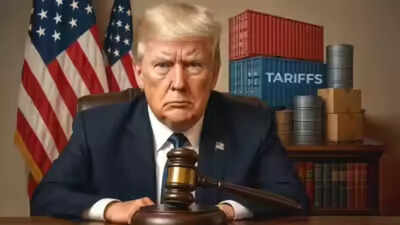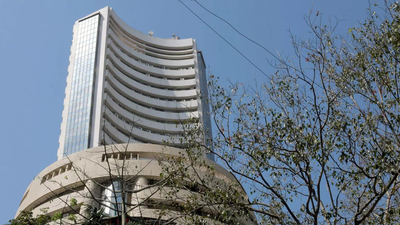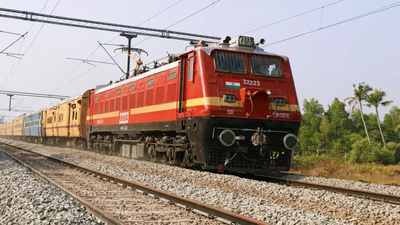Donald Trump’s tariff war: Which 21 countries got US President’s letters? Check full list

US President Donald Trump has escalated trade tensions by sending tariff letters to more than 20 countries, warning that higher import duties will take effect from August 1, 2025 if bilateral trade deals are not reached. The move marks a continuation of his aggressive “reciprocal tariff” policy first announced in April this year.The letters outline specific tariff rates, some adjusted from earlier levels. While a few countries face slightly higher rates, most saw reduced or unchanged rates from April’s announcement.Trump has warned that any retaliatory tariffs from the affected nations will be met with even higher US duties, signaling that future escalation is possible. Earlier on Tuesday, he sent letters to 14 countries warning of higher tariffs if trade deals aren’t reached including Japan, South Korea, and South Africa, outlining substantial import levies ranging from 25% to 40%.Trump has issued letters specifying duties for Japan (25%), South Korea (25%), Myanmar (40%), Laos (40%), South Africa (30%), Kazakhstan (25%), and Malaysia (25%). Later on Thursday, Trump issued letters to eight more countries. The new set of tariffs released by Trump today are for Brazil (50%) Philippines (20%), Brunei (25%), Moldova (25%), Algeria (30%), Libya (30%), Iraq (30%), and Sri Lanka (30%).Trump’s move comes amid rising global trade tensions. The tariff hike on Brazil is being widely seen as politically motivated, particularly tied to his public support for former Brazilian President Jair Bolsonaro, who is currently on trial over alleged coup plotting after losing the 2022 election.Brazilian President Luiz Inácio Lula da Silva has strongly condemned the move and vowed retaliatory tariffs, deepening a diplomatic standoff between the two nations.
What analysts said on Trump’s claim that tariff logic ‘based on common sense’
The latest round of tariff letters which included countries like the Philippines, Brunei, Moldova, Algeria, Libya, Iraq, and Sri Lanka—none of which are major industrial competitors to the US Analysts say this shows Trump’s continued belief that imposing tariffs, regardless of country size or trade volume, will benefit the US economy.Trump claimed the tariff levels were based on “common sense” and existing trade imbalances. But in Brazil’s case, the justification appeared political, as the South American country faces a steep 50% tariff, despite having a trade surplus with the US.In contrast, Trump said he had no intention of targeting nations whose leaders were recently hosted at the White House—Liberia, Senegal, Gabon, Mauritania, and Guinea-Bissau—calling them “friends of mine now.”Trump has long embraced tariffs as a core part of his trade strategy, once saying, “I love tariffs,” and these latest actions underscore that sentiment.




